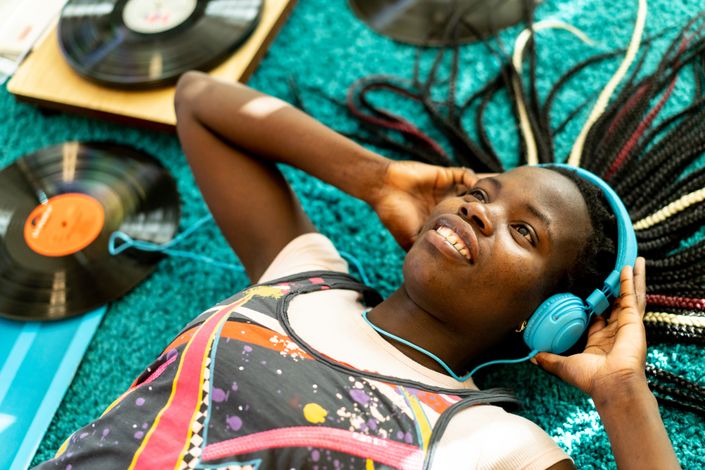
The Teenage Brain on Music
This course will highlight the benefits of engaging in music during adolescence as part of personal and neurological development.
Watch Promo
The Teenage Brain on Music
This course will highlight the benefits of engaging in music during adolescence as part of personal and neurological development.
Why this course is important
Music plays an important role throughout our lives, yet it appears to be particularly important to the developing adult It is no coincidence that as humans, we listen to music the most during the age of 16-24, as these are the years that we develop our own sense of identity. These are also the years filled with the most emotional flux and stress. Engaging in music is often viewed in western society as a frivolous extra-curricular activity, a distraction, and a form of entertainment, however, music assists with emotion regulation, autonomy, cognition, and the development of self-identity. It is important for parents, teachers and health care workers who engage with adolescents and young adults to recognize the benefits of engaging in music as part of cognitive and personal development.
Six Key Topic Areas:
- General role of music leading up to adolescence (bonding, soothing, learning, culture, language)
- What’s happening in the teenage brain?
- Music & Emotion Regulation
- Music & Stress
- Music & Identity
- Using Music for Wellness
This course is relevant to anyone who engages with teenagers at home, school or in the workplace, ie., parents/caregivers, teachers, social workers etc.
After this course, you will have a general understanding of the following concepts:
- The brain during adolescence.
- The use of music for self-development
- The use of music for mental health
Your Instructor

Rachael has been recognized as a music therapist since 2001. She has worked in hospitals, long term care facilities, and a private studio, initiating over 30 new music therapy programs throughout the GTA. Rachael served as the president of the Music Therapy Association of Ontario from 2010-2014 and was the recipient of the YWCA Woman of Distinction Award, for Healthcare in 2015. An advocate for educating people about music therapy, she brought 2 music therapy courses to McMaster University in 2010, currently educating over 2000 students each academic year about music therapy. To provide further education to the community and healthcare professionals the Music Therapy Academy was launched in 2016.
Course Curriculum
-
StartMODULE 1: Introduction to Music and the Teenage Brain (4:25)
-
StartMODULE 2: The Role of Music from Birth to Adolescence (7:07)
-
StartMODULE 3: The Teenage Brain (12:26)
-
StartMODULE 4: Music and Emotion Regulation (11:56)
-
StartMODULE 5: Music and Stress (14:34)
-
StartMODULE 6: Music and Identity (8:54)
-
StartMODULE 7: Using Music for Wellness (6:46)
